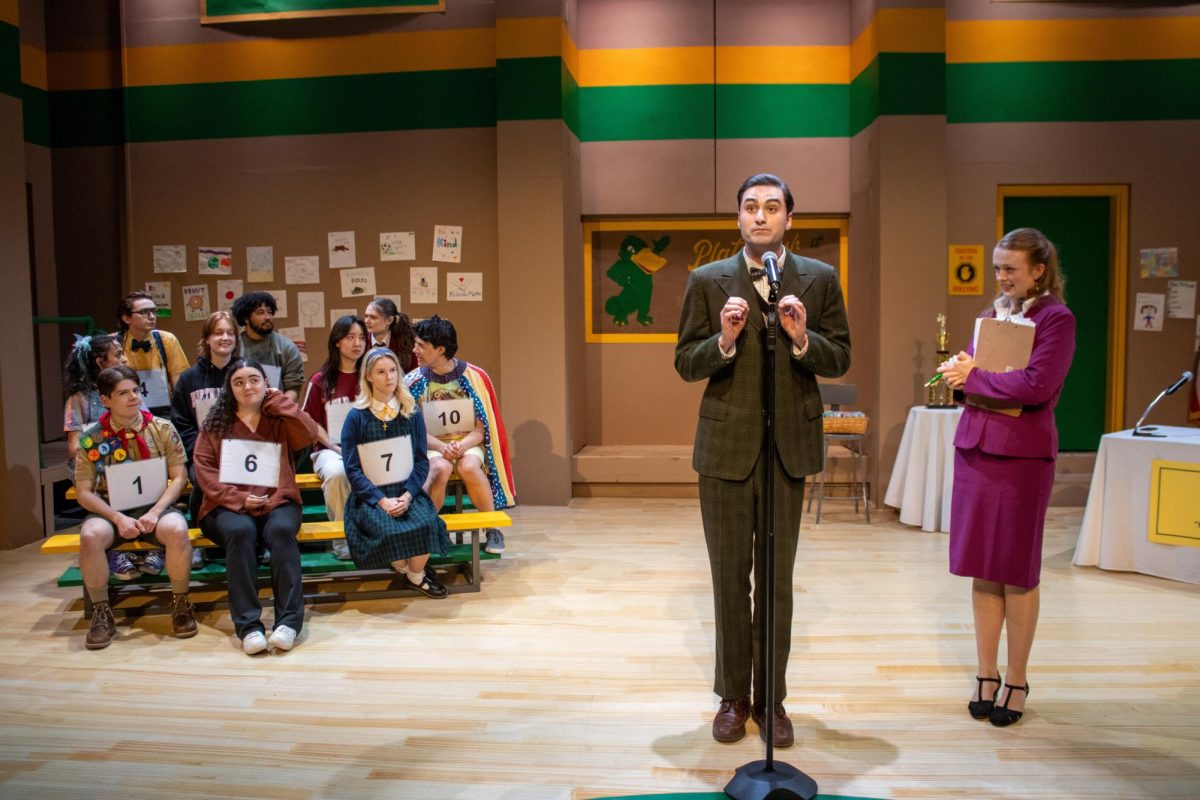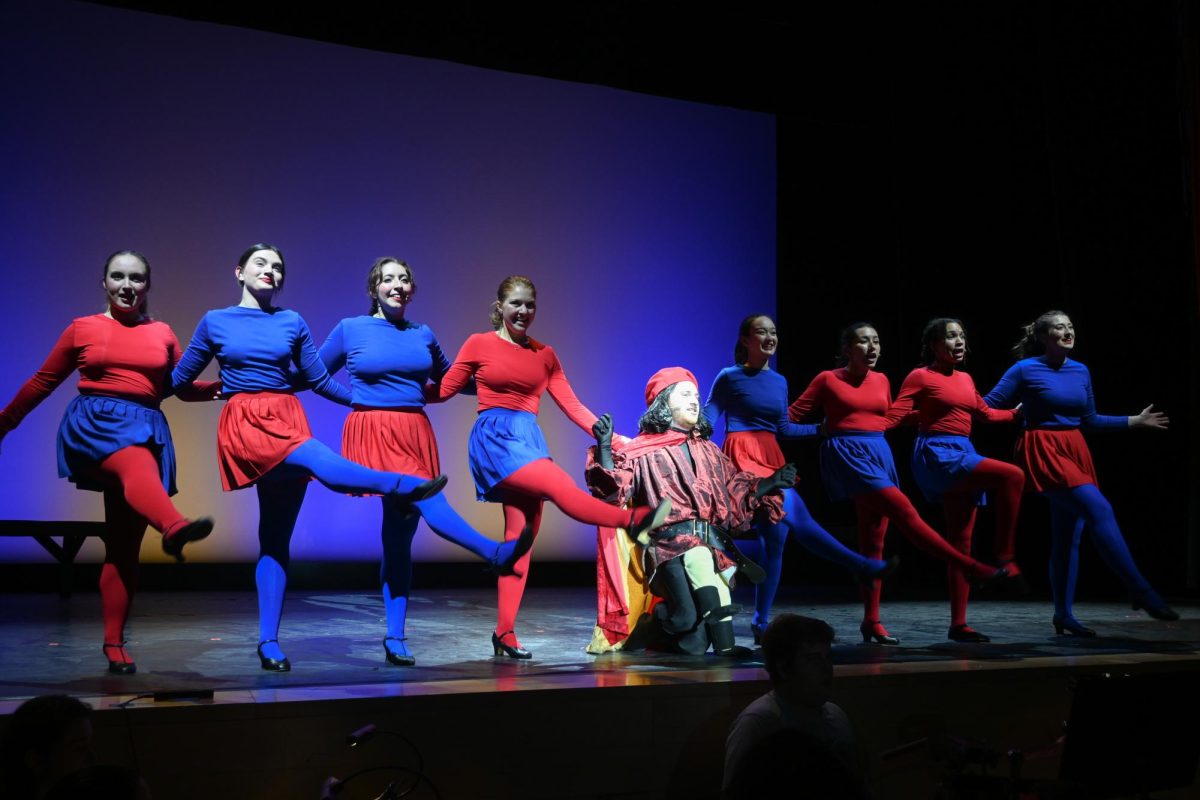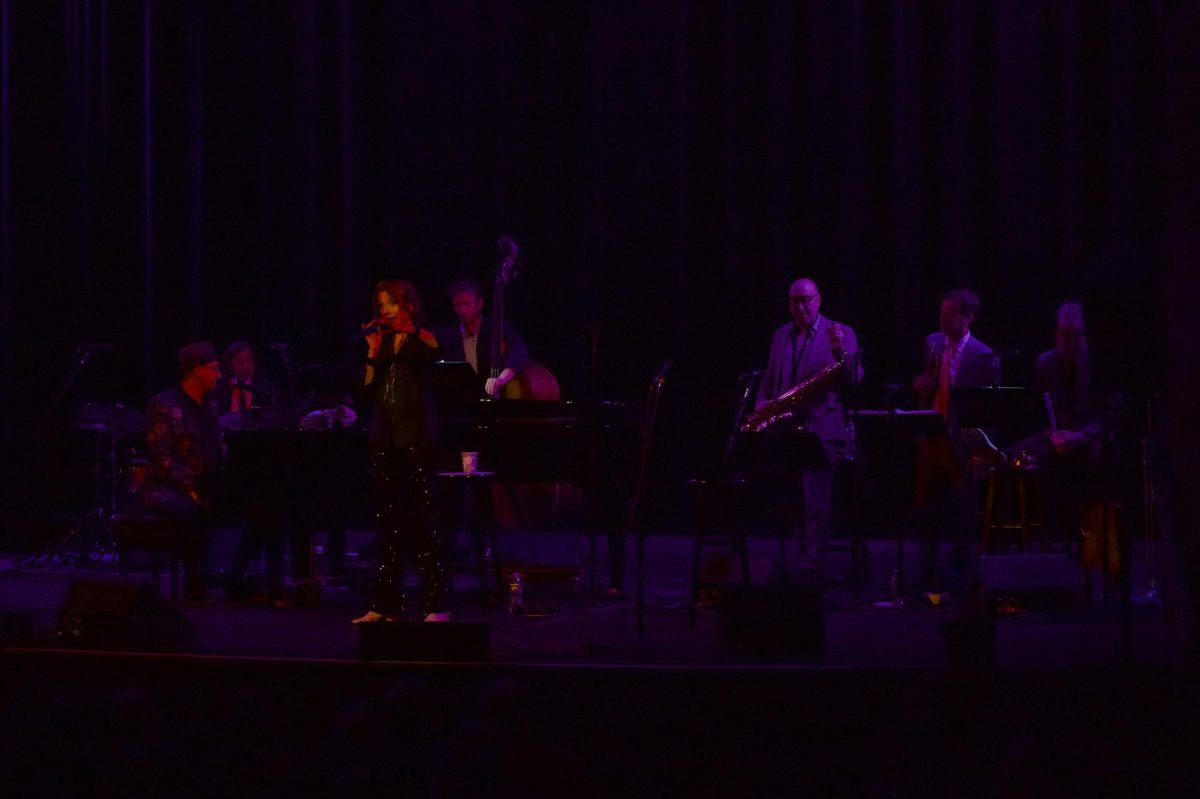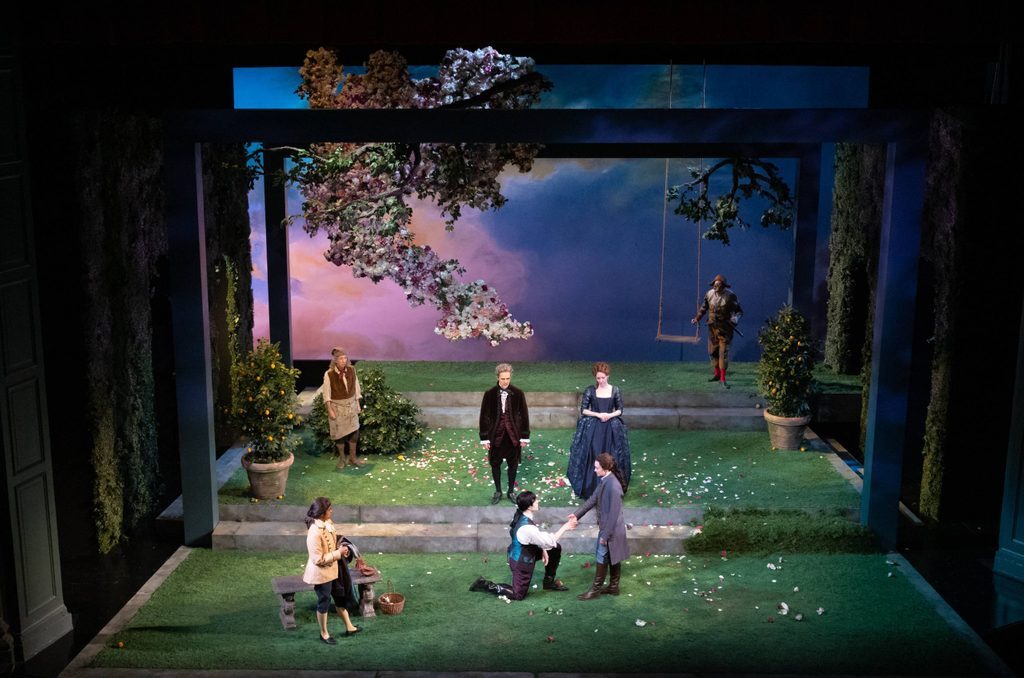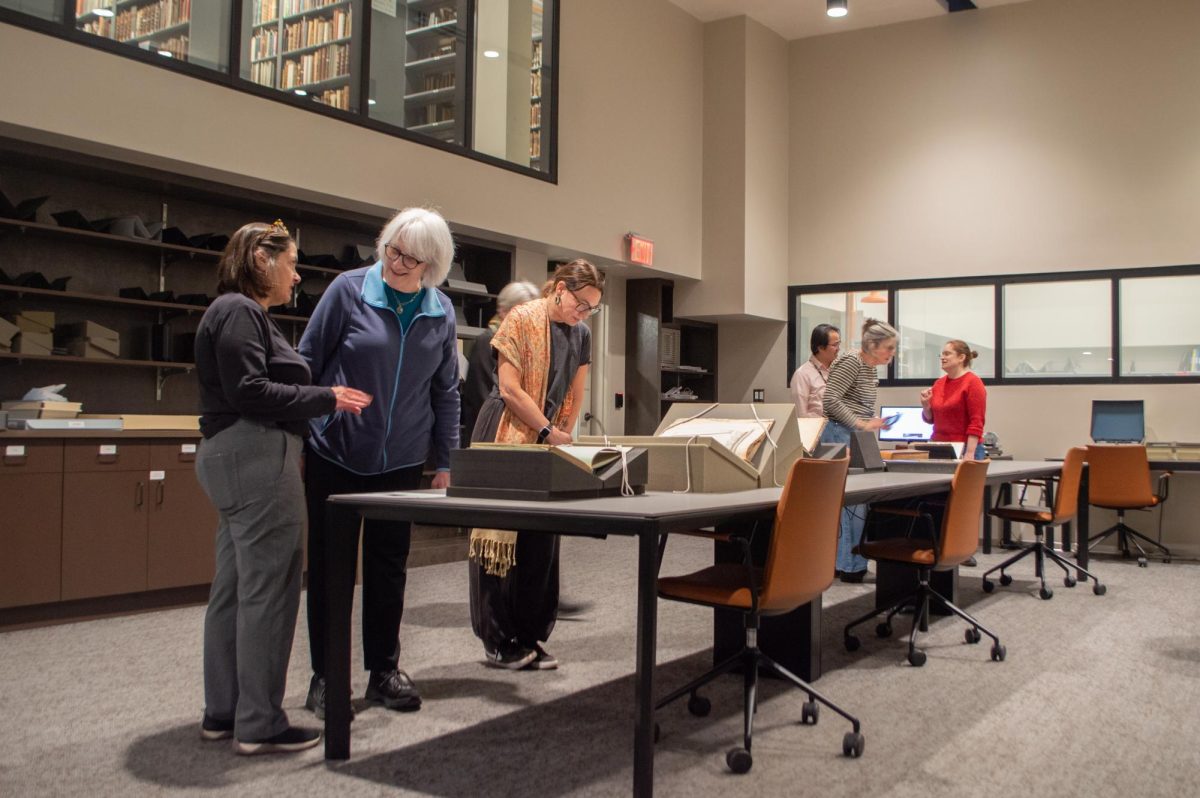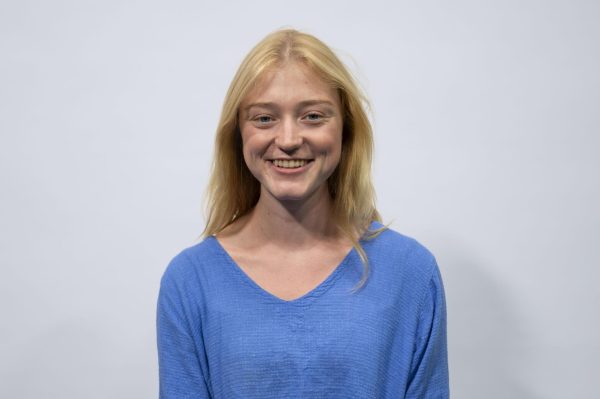What is “Babes”? Is it a raunchy comedy featuring more than a handful of jokes about various bodily fluids? Is it a heartwarming drama that encapsulates the power of female friendship? Is it an homage to New York and the charm, or lack thereof, of its inhabitants? It’s all those things at once, which is what makes the film so mind-boggling and impressive.
“Babes” opens (no pun intended) with Eden (Ilana Glazer) examining her best friend Dawn’s (Michelle Buteau) genitalia on the floor of an expensive restaurant to see if she is ready to give birth. The camera tracks the two as Dawn, on all fours, crawls out of the restaurant, followed by Eden cheering her on and making quips to disapproving onlookers. This is just one of many laugh-inducing moments the film boasts over its hour and 44-minute runtime.
Dawn makes it to the hospital in a dramatic crawling scene accompanied by swelling music, where Eden (to her horror) witnesses the entirety of Dawn’s birthing process. From there, Eden, the slightly more erratic and irresponsible friend in the duo, has to decide whether she wants to have a baby resulting from a one-night stand. Eden and Dawn spend the rest of the film learning to navigate motherhood, the difficulties of adult friendship and dysfunctional family life, all set against the backdrop of a sprawling and lush summer in New York City.
The duo’s names do seem to have some symbolic significance, as Eden is the more promiscuous of the two, and Dawn seems to light up every room she walks into. But because they are situated in such a raunchy, chaotic context, it’s easy to miss these nods to larger themes.
The film’s writing is sharp, funny and reminiscent of Comedy Central’s “Broad City,” which “Babes” writers Glazer and Josh Rabinowitz both worked on. When visiting her trusty local STI clinic, Eden’s doctors, Bobby and Benny (Keith and Kenneth Lucas), celebrate her new pregnancy.
“Single mom!” Benny cheers.
“She may decide not to keep it,” Bobby interjects.
“Oh, right… Single!” Benny says, somewhat awkwardly.
The pace moves along steadily, only interrupted intermittently by a few longer scenes and montages, like when Eden meets Claude (Stephan James), her romantic interest and eventual one-night stand, on the subway.
The two revel in the fact that they both live in Astoria, share an STI clinic and have to make four transfers on their journey. They then spend the rest of their remaining rides talking and laughing, seemingly going through the first stages of any romantic entanglement, all within the confines of a few subway cars. It seems only natural for Claude to continue home with Eden, where they have a one-night stand, resulting in Eden’s pregnancy.
Though much of the film takes place indoors, the essence of New York is captured in a few sequences, like the subway montage and Glazer hailing a cab with a newborn.
Perhaps a more potent representation of the city is found in the quirky cast of side characters. From the plumber who compares his craft to actual warfare (Tony Ray Rossi) to the doctor trying and failing to fix his receding hairline throughout (John Carroll Lynch), to the doula (Elena Ouspenskaia) who insists on making a smoothie out of placenta, the film is bolstered by its smaller roles.
Where the film shines most, though, is its ability to tackle darker themes, like postpartum depression and loneliness, while remaining funny and engaging. In one scene, a stressed Dawn returns home from work to find the walls scrawled with 666s and crosses in what appears to be blood and the nanny cowering — all techniques her toddler learned from watching a horror movie. Dawn is left without reliable childcare, which, though a disastrous scenario for any working parent, seems funny situated in the context of the satanic scrawling from her toddler.
Though “Babes” is director Pamela Adlon’s first feature, it does not show. Most of the film utilizes wide shots and fade-ins and fade-outs with a few scenes that deviate — for example, when Dawn and Eden take mushrooms, the camera movement becomes wavy and distorted, as does the lighting. The rest of the film is bright, simple and clean, letting the writing and actors shine.
Through its fresh, funny writing and relatable storyline, “Babes” manages to tackle many topics at once, just like the young mothers the audience follows. At first glance, “Babes” is a niche drama about the perils of motherhood and female friendship, but it speaks to the masses and reflects life in its purest forms: jokes about bodily fluids and potent emotional moments, intertwined with light drug usage and witty banter.









